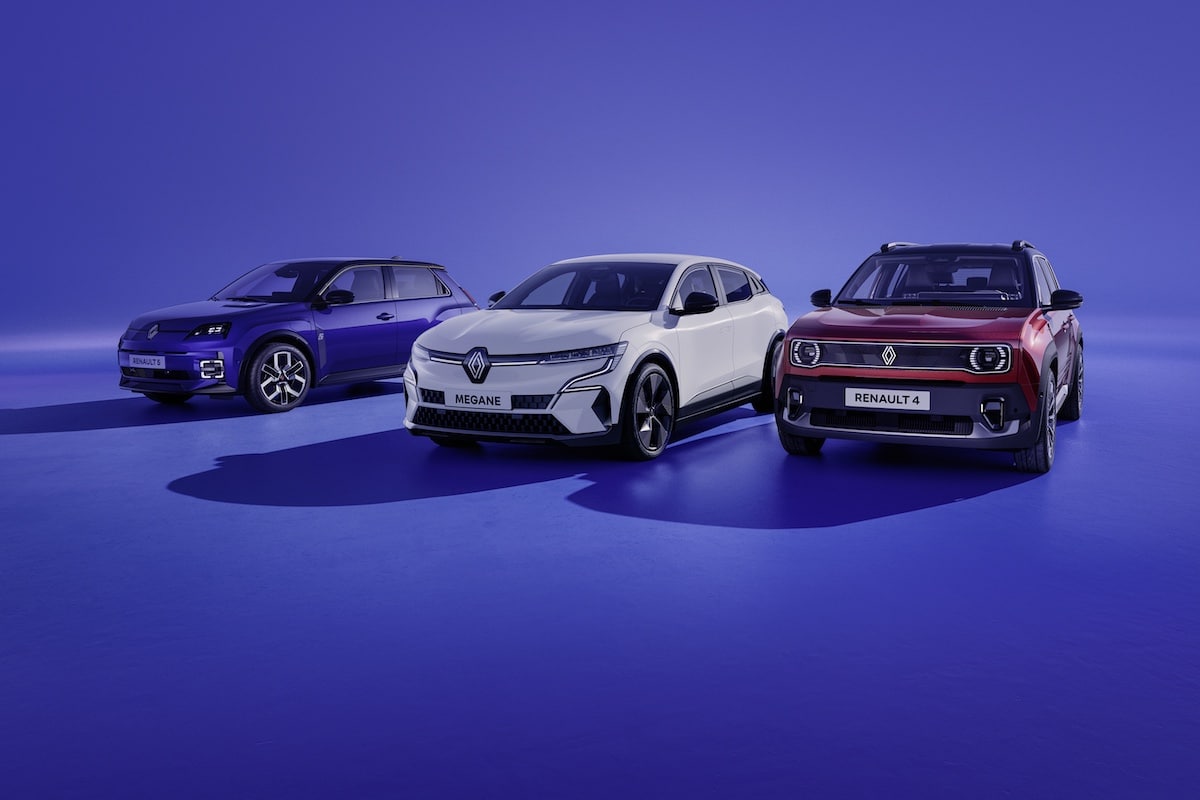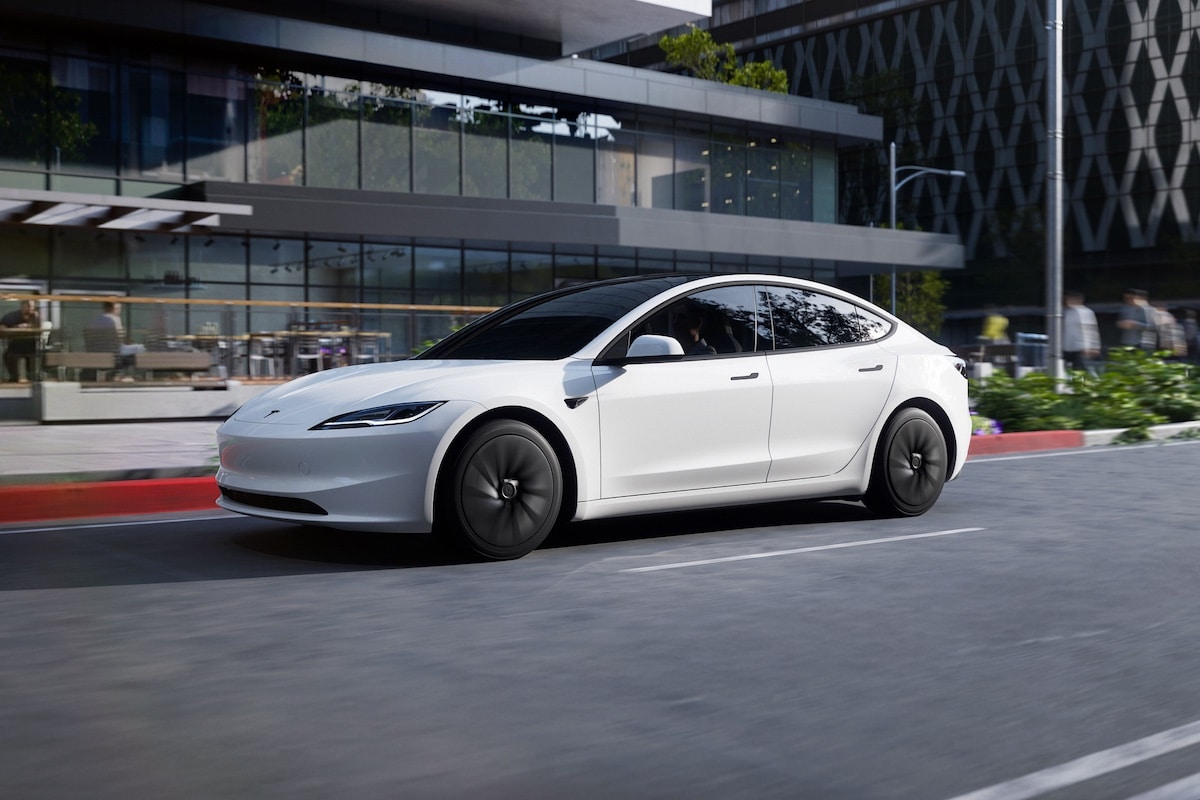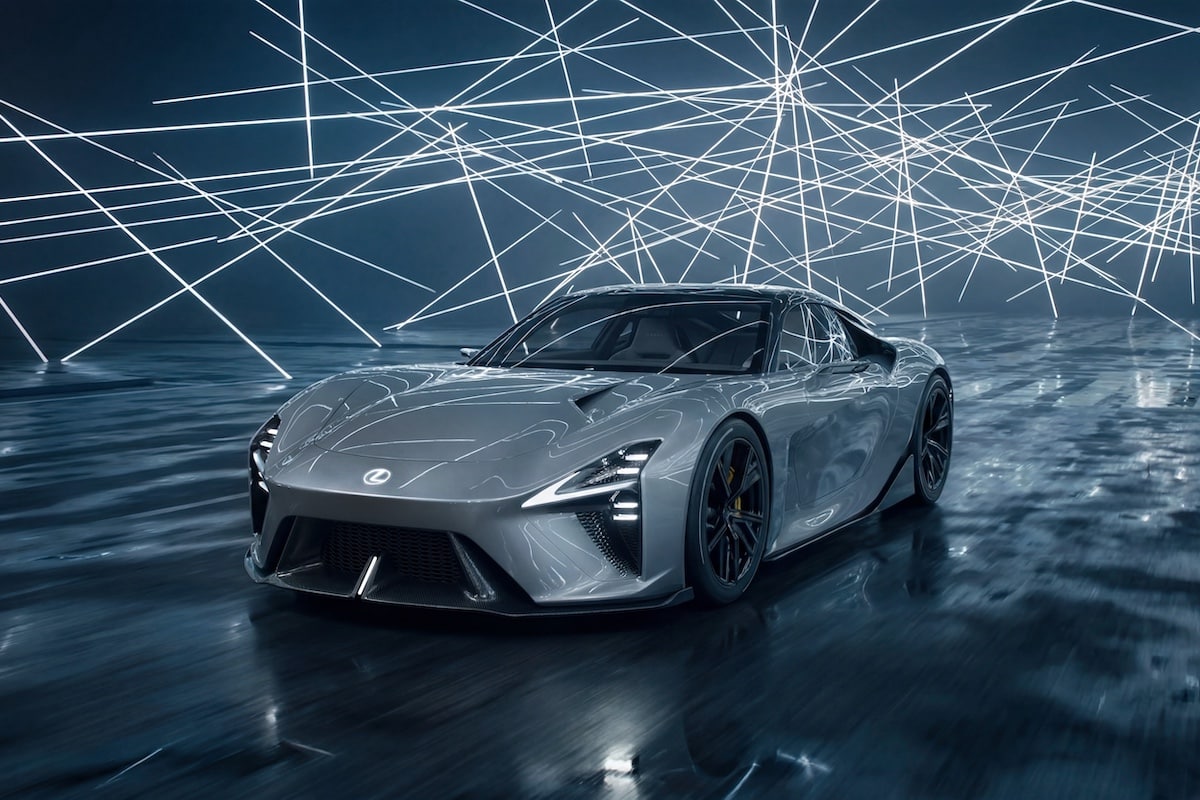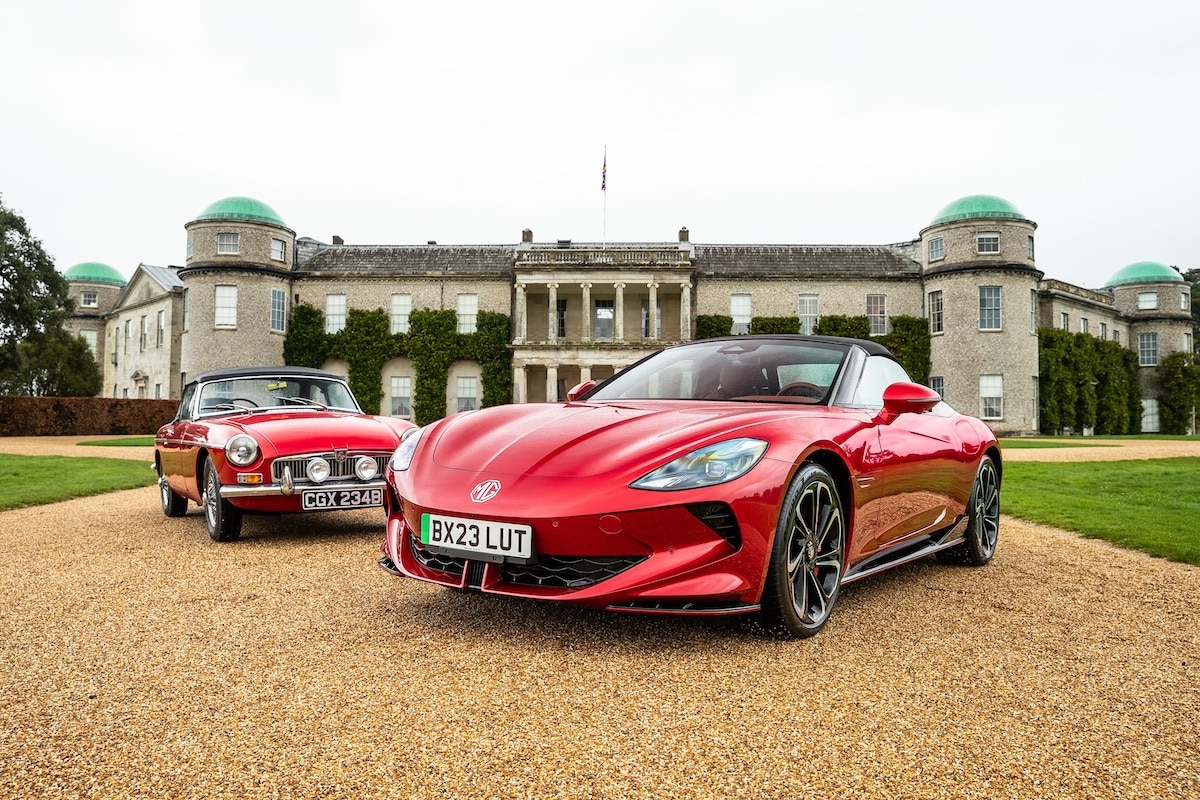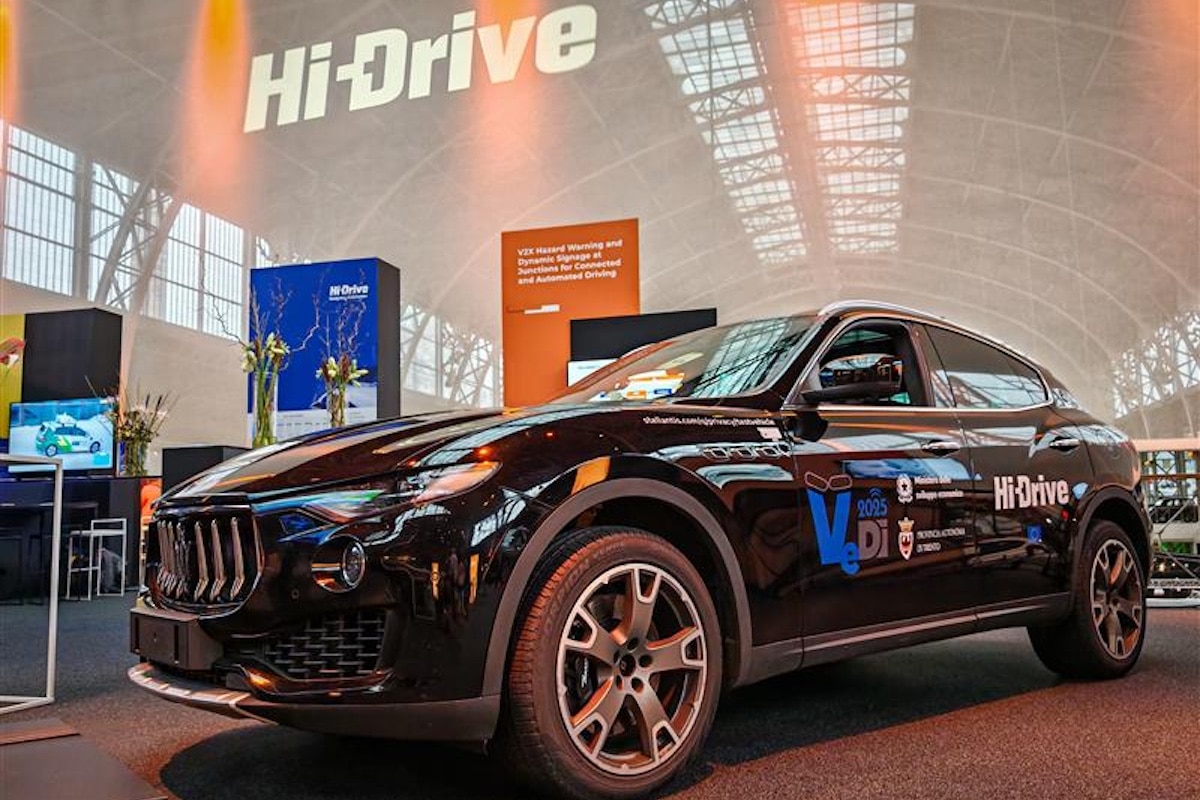Has Chevrolet Just Permanently Weakened the Corvette?
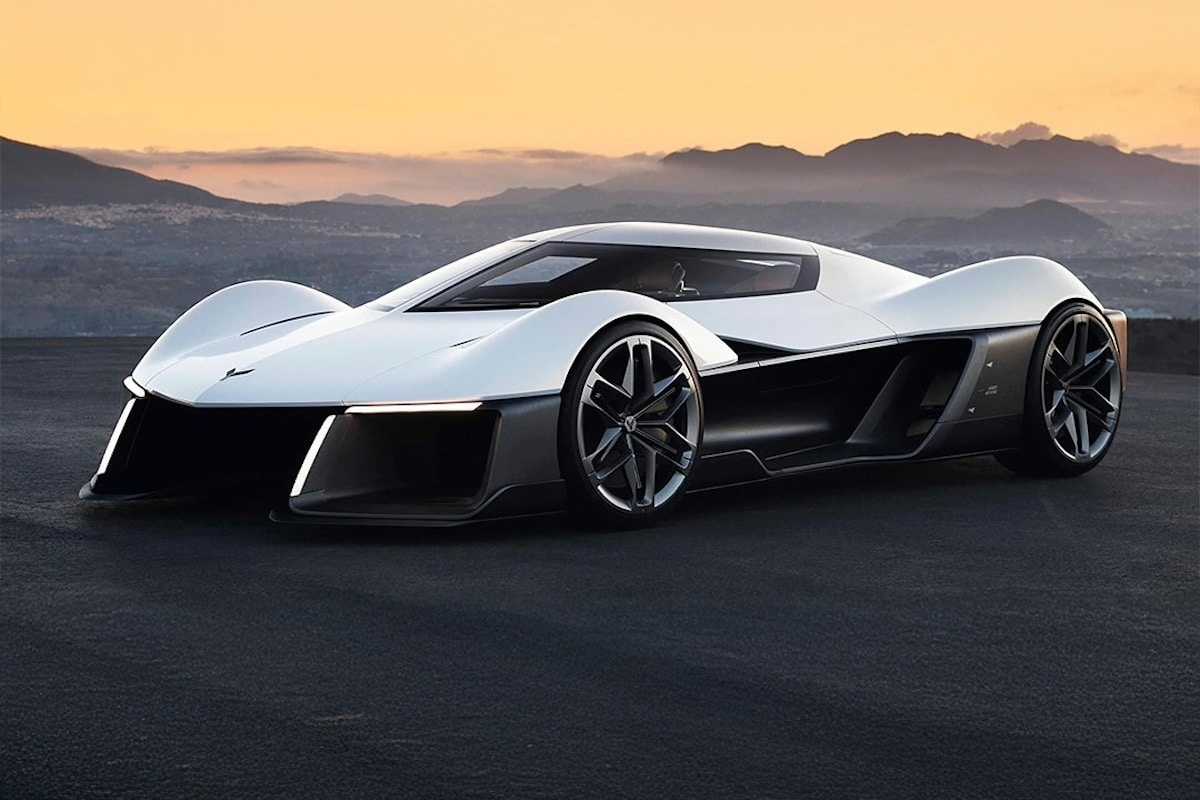
Chevrolet crosses a dangerous line by unveiling an electric concept car bearing the legendary Corvette name.
The brand had already sparked controversy by placing the engine at the rear for the C8 generation, a decision that, despite initial criticism, proved beneficial dynamically. When a new generation of car is better than its predecessor, many flaws can be forgiven. But this time, the idea of a fully electric powertrain could alienate loyal fans of the brand. Some may argue that models like the Renault 5 or Capri have gone electric, but they were discontinued models, which is not the case with the Corvette.

The DNA of the Corvette is built on its thunderous V8, a raw mechanical engine, and a visceral driving experience. Hybridization could be considered as an acceptable compromise between tradition and modernity. But a fully electric Corvette? That’s a complete abandonment of what has defined it for decades. Long-time enthusiasts, attached to the roar and power of its internal combustion engine, may not follow.
Moreover, this Corvette has some British blood!
The situation is even more startling considering that this new concept was designed in the United Kingdom, at a design studio recently opened by General Motors in Royal Leamington Spa. Led by Julian Thomson, a former designer at Lotus and Jaguar, the studio envisioned a futuristic Corvette with a sleek silhouette and historic nods, such as the “split window” rear windshield paying homage to the legendary 1963 Corvette Sting Ray. But beneath this attractive design lies a hard reality: this concept is conceived as an electric model, with a battery integrated into its structure.


If GM claims that this prototype is not intended for production, it nevertheless sends a clear message: the future of Corvette will be electric. Perhaps targeting a European clientele more sensitive to environmental issues, Chevrolet risks losing its core American market, deeply attached to the heritage of the car. Just look at what Dodge did with the poor Charger, which in electric mode can’t even drift anymore!
Electrification has its place in the automotive industry, and we believe it is even the future, but not at any cost. Sacrificing an icon like the Corvette to follow current trends could turn out to be a major strategic mistake. A Corvette must stay true to its myth. And this myth is based on more than just design: it’s about sensations, power, and character—values that electricity, for now, cannot replicate.
ALSO READ: Hybrid Corvette from 2023 then an electric Corvette
This page is translated from the original post "Est-ce que Chevrolet vient d’enterrer pour de bon la Corvette ?" in French.
We also suggestthese articles:
Also read
